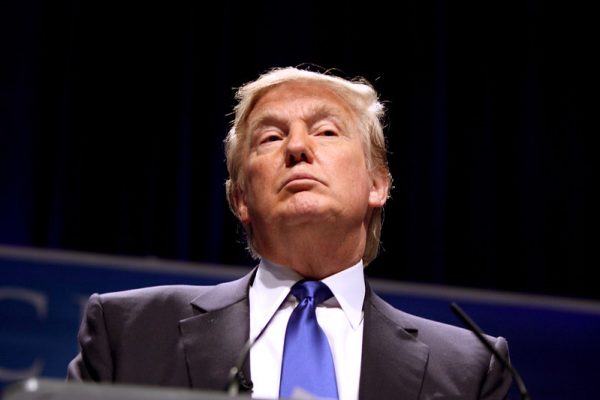President Trump’s former attorney, Sidney Powell is suing Verizon phone company over a subpoena from the House Select Committee investigating the Jan. 6th Capitol riot.
Top Stories
- Hegseth Will Be Confirmed January 19, 2025
- Key Trump Cabinet Nominees Face A Daunting Energy Policy Mess January 18, 2025
- Retired NYPD Intel Officer Predicts Learning Ugly Truths On FBI As Trump Admin Digs Deeper January 18, 2025
- Greenland Is A Strategic Goldmine January 18, 2025
- What Democrats, Corporate Media Said About Potential Preemptive Pardons From Trump Four Years Ago January 20, 2025
Top Videos
Get curated news content to your inbox
February 18, 2022 3:59 pm - House Select Committee, Jan 6 Lawsuit, News, Sidney Powell
5 min. read

